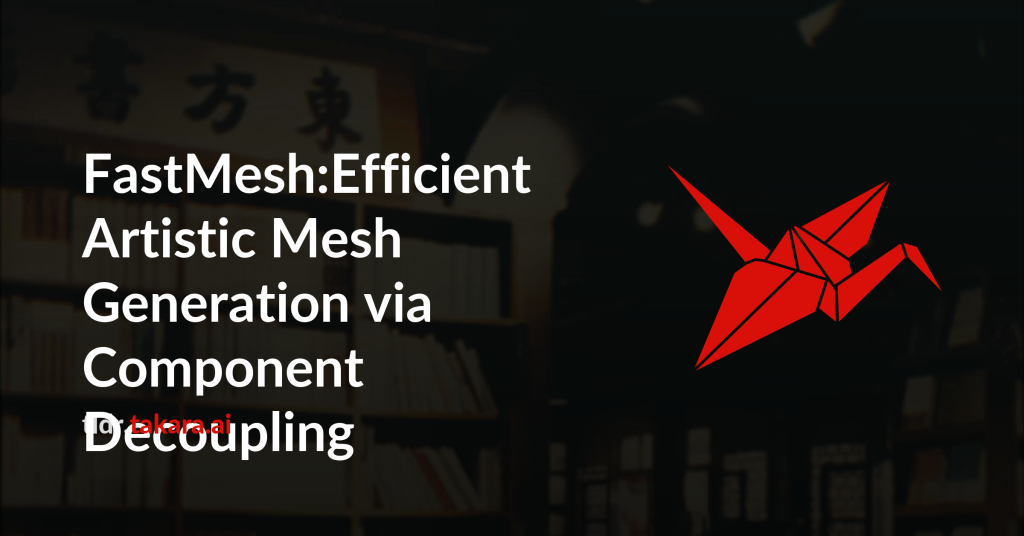Recent mesh generation approaches typically tokenize triangle meshes into
sequences of tokens and train autoregressive models to generate these tokens
sequentially. Despite substantial progress, such token sequences inevitably
reuse vertices multiple times to fully represent manifold meshes, as each
vertex is shared by multiple faces. This redundancy leads to excessively long
token sequences and inefficient generation processes. In this paper, we propose
an efficient framework that generates artistic meshes by treating vertices and
faces separately, significantly reducing redundancy. We employ an
autoregressive model solely for vertex generation, decreasing the token count
to approximately 23\% of that required by the most compact existing tokenizer.
Next, we leverage a bidirectional transformer to complete the mesh in a single
step by capturing inter-vertex relationships and constructing the adjacency
matrix that defines the mesh faces. To further improve the generation quality,
we introduce a fidelity enhancer to refine vertex positioning into more natural
arrangements and propose a post-processing framework to remove undesirable edge
connections. Experimental results show that our method achieves more than
8$\times$ faster speed on mesh generation compared to state-of-the-art
approaches, while producing higher mesh quality.

